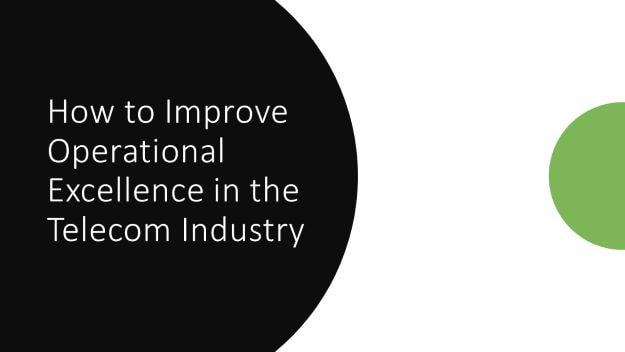In order to achieve this, companies must focus on identifying and eliminating inefficiencies, which is just as important as spotting gains. The first step is to identify manual processes, remove silos, and surface relevant data. Automating and standardizing processes can help companies eliminate wastes, while also reducing costs. Operational Excellence revolves around business outcomes, so it requires a top-down view of the initiatives to drive success. Robust reporting is necessary to gauge the results and improve performance.
Checkout- Top Ten Strategic Decision-Making Tools for Operational Excellence
One of the first steps in creating an efficient and effective organizational culture is empowering team members. Empowering employees helps them to think outside the box. By involving employees in decision-making and incorporating their feedback, teams are more likely to come up with innovative solutions that can increase revenue or lower costs. Employee empowerment will help teams focus on their goals and maximize their knowledge. The goal of operational excellence is to make the process efficient, reliable, and repeatable.
To achieve this, companies must focus on accountability, problem solving, and teamwork. This proactive attitude starts from the top, trickling down to the bottom. Investing in training, flexible work policies, and competitive employee benefits packages can help. Similarly, the aviation industry continues to invest in operational excellence. Major airlines are making improvements in maintenance programs, staff training, and SOPs to ensure that their operations remain safe and productive.
Implementing Operational Excellence involves establishing targets at every level of the business. Each level should have its own goals. Project managers should have profits-based targets for billable work, while Operations teams should have KPIs that roll into them. Developing a culture of accountability and transparency is vital in operational excellence initiatives. If people are afraid to report mistakes or report problems, they won't be willing to accept the improvements.
Operational excellence requires employee engagement. To ensure that employees are willing to share data, employees must be incentivized to share this information. Timesheets, for example, deliver vital information, but they're hated by employees. Developing alternatives to timesheets removes the pain points and poor morale of manual work. If these efforts don't improve operational excellence in telecom, the company's bottom line will suffer.
The principles of operational excellence are rooted in several management theories and practices. The most popular operational excellence framework was developed by fourteen leading European CEOs in 1988. They developed a methodology that enabled businesses to become more competitive, improve productivity and identify gaps. The concept has since inspired efforts in many nations. Since then, hybrid models have emerged, combining elements of EFQM and Baldrige.
Related reading:
#operationalexcellence #operationalexcellencefortelecomindustry #strategicdecisionmaking #strategymanagement #decisiontools #decisionmaking #strategicplanning #challengesofdecisionmaking #strategy





















